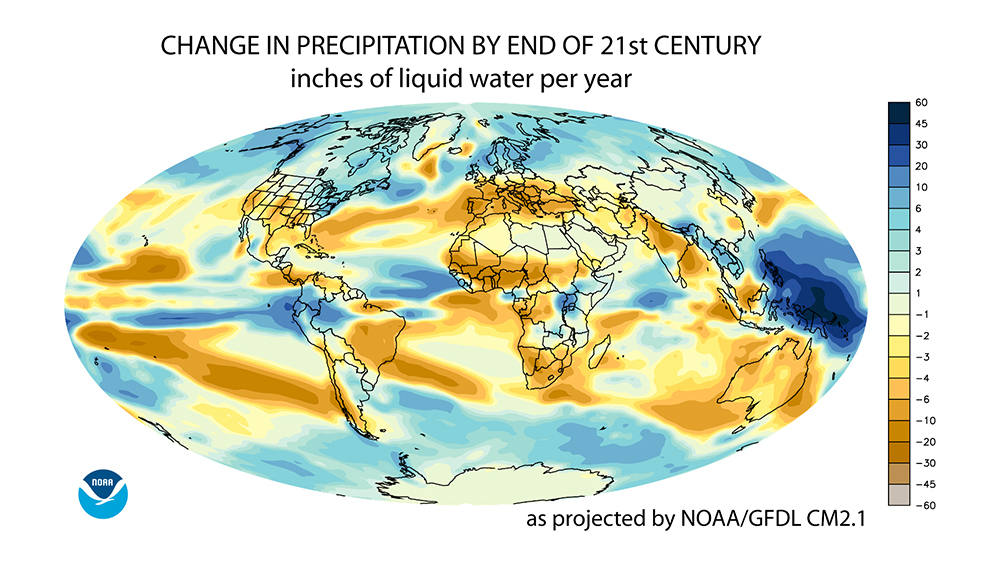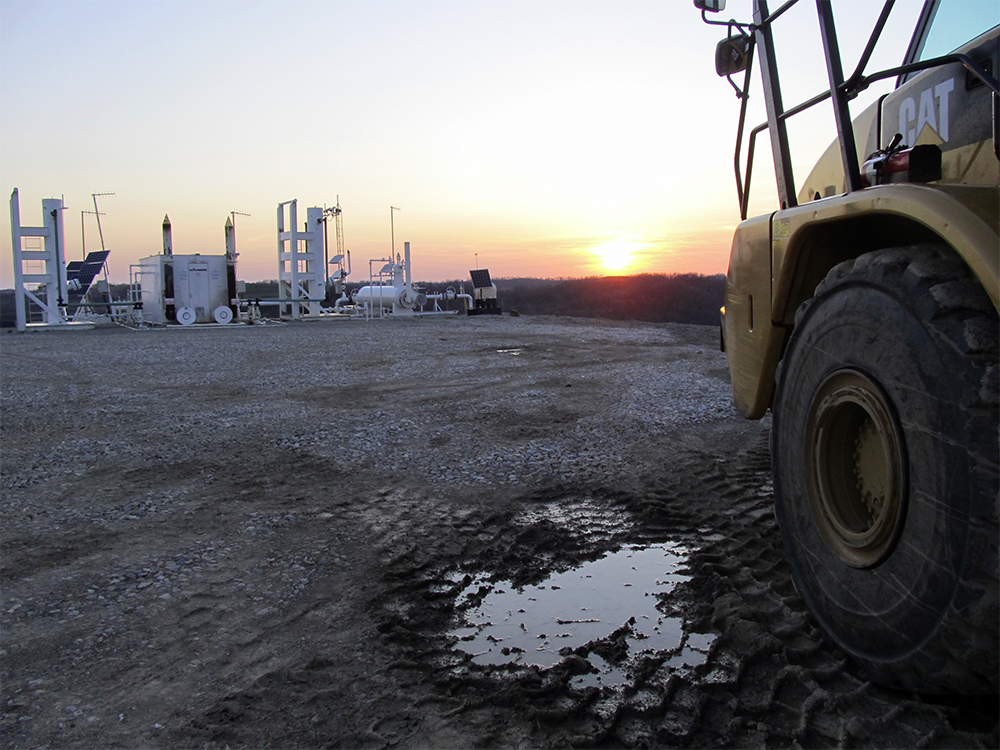Chilean Government Decides Fate of Patagonia Dams Tomorrow
The decision pits energy development against river protection in one of the world’s evocative places.
A committee of government ministers will decide tomorrow whether to approve a controversial dam project in the Aysen region of Chilean Patagonia.
The $US 10 billion HidroAysen project proposes five large hydroelectric dams on the Baker and Pascua rivers. The dams would have a generating capacity of 2,750 megawatts, equal to 16 percent of Chile’s electrical capacity in 2012. An 820-kilometer transmission corridor that crosses land and sea would deliver the electricity to northern cities.
President Michelle Bachelet, who returned to office for a second term in March and immediately called for a final ruling on HidroAysen, said during a June 2013 presidential debate that she did not support the project and did not think it was viable.
“It should not go forward,” Bachelet said.
Environmental permits for the project were approved in 2011 during her predecessor’s tenure. Since then, the project has been tied up in court.
The committee of ministers generally has the authority to reject or approve projects with significant environmental consequences, such as large mines and dams, said Monti Aguirre, Latin American coordinator for International Rivers, a group that lobbies against dams.
If it does not reject the project outright, the committee could ask HidroAysen to modify the design and reapply for a permit. That would be expensive, Aguirre said.
Aguirre would not speculate on which way the committee is leaning.
“We don’t know for sure,” she told Circle of Blue. “There is a lot of pressure on the ministers and the president to cancel the project.”
HidroAysen is a joint venture between Endesa, a Spanish company, and Colbun, a Chilean firm. One-third of Chile’s electricity comes from hydropower.
Brett writes about agriculture, energy, infrastructure, and the politics and economics of water in the United States. He also writes the Federal Water Tap, Circle of Blue’s weekly digest of U.S. government water news. He is the winner of two Society of Environmental Journalists reporting awards, one of the top honors in American environmental journalism: first place for explanatory reporting for a series on septic system pollution in the United States(2016) and third place for beat reporting in a small market (2014). He received the Sierra Club’s Distinguished Service Award in 2018. Brett lives in Seattle, where he hikes the mountains and bakes pies. Contact Brett Walton









Leave a Reply
Want to join the discussion?Feel free to contribute!